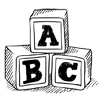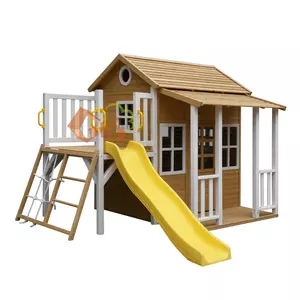Introduction: Play houses offer more than just recreational fun; they serve as valuable educational tools that foster early learning and cognitive development in young children. These mini replicas of the adult world provide a unique learning experience that supports various aspects of a child’s intellectual growth. In this blog, we’ll explore the educational benefits of play houses, highlighting their role in enhancing early learning and cognitive development.
- Language and Communication Skills: Engaging in pretend play within the play house encourages language development and verbal communication as children interact and narrate their imaginative scenarios.
- Mathematics and Counting: Children incorporate basic math concepts like counting, sorting, and measuring as they arrange and organize play house accessories.
- Spatial Awareness and Motor Skills: Manipulating miniature furniture and accessories within the play house refines spatial awareness and fine motor skills.
- Problem-Solving and Critical Thinking: As children encounter challenges during pretend play, they develop problem-solving and critical thinking skills to overcome obstacles.
- Cultural and Social Understanding: Play houses introduce children to various cultural contexts, enhancing their understanding of the world and fostering social awareness.
Conclusion: Play houses serve as powerful educational tools that facilitate language and communication skills, mathematics and counting, spatial awareness and motor skills, problem-solving and critical thinking, and cultural and social understanding. By incorporating play house activities into early learning environments, parents and educators create an enriching and holistic educational experience that stimulates cognitive development and prepares children for academic success and lifelong learning.








